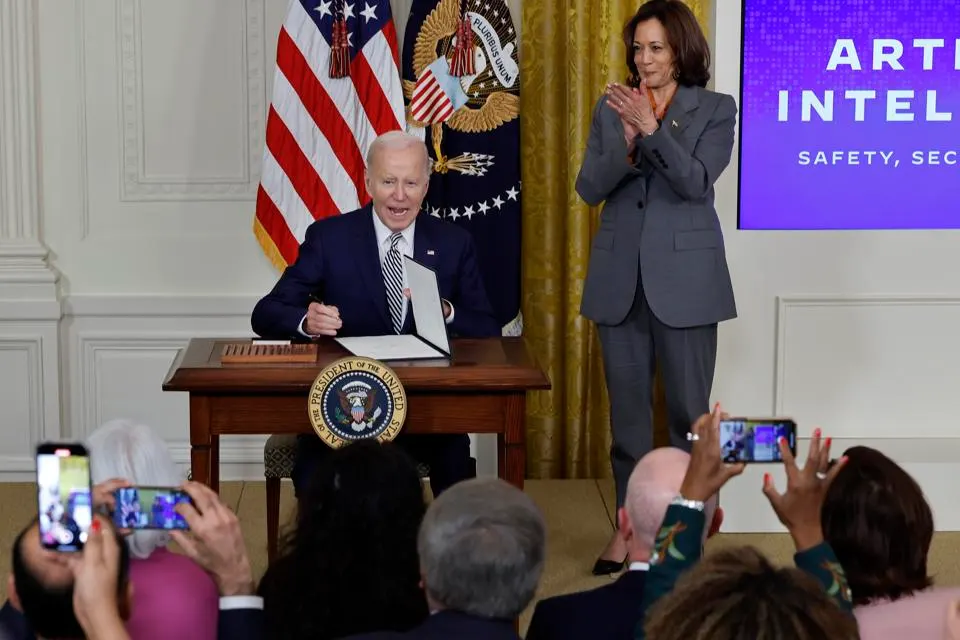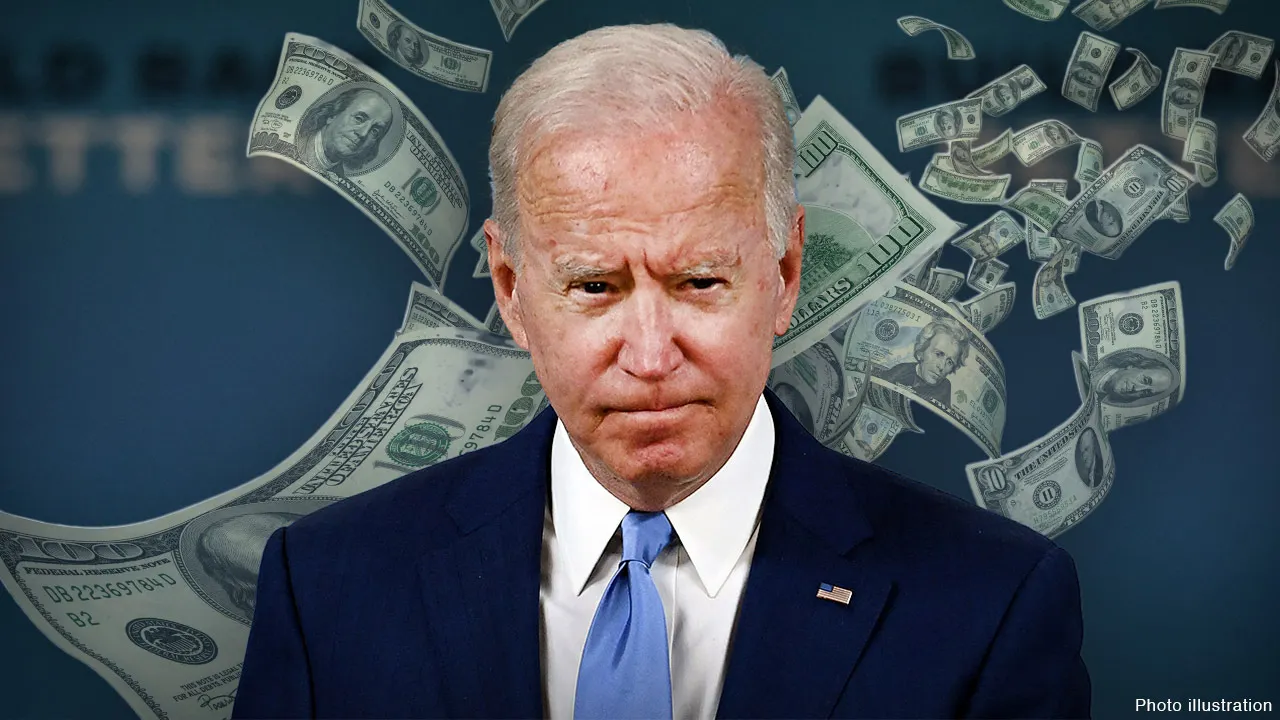The Biden administration has unveiled a comprehensive strategy to strengthen AI investment, infrastructure, and research. This plan focuses on fostering responsible AI innovation, securing national interests, and promoting sustainable AI development
The Biden administration's AI strategy aims to boost innovation, security, and sustainable development in the U.S.
Artificial Intelligence (AI) has become a crucial element in economic growth, national security, and technological innovation. Recognizing its significance, the Biden administration has rolled out an ambitious strategy to strengthen AI investment and research across the United States. This plan focuses on increasing government funding, fostering collaboration between public and private sectors, ensuring ethical AI development, and maintaining the U.S. as a global leader in AI advancements.
The Need for a Strong AI Investment Strategy
AI is transforming industries such as healthcare, finance, defense, and transportation. With major economies like China and the European Union ramping up their AI initiatives, the U.S. government aims to accelerate its AI research and infrastructure investments to remain competitive.
The Biden administration’s AI strategy revolves around:
- Federal Investments in AI Research
- Collaboration Between Academia and Industry
- Regulatory Framework for Ethical AI Use
- National Security Measures Related to AI
- Incentives for AI Startups and Innovations
Federal Investments in AI Research
The Biden administration has proposed a multi-billion-dollar initiative to fund AI research. Under this plan:
- The National Science Foundation (NSF) will receive increased funding for AI research programs.
- AI research hubs will be established across universities to advance fundamental AI technologies.
- The Department of Energy (DOE) will invest in AI applications in energy efficiency and climate change mitigation.
- The Department of Defense (DoD) will continue funding AI-based national security projects.
According to the White House, these investments aim to ensure the U.S. remains at the forefront of AI breakthroughs, with applications spanning from healthcare diagnostics to autonomous defense systems.
Strengthening Public-Private AI Collaboration
One of the key aspects of the AI strategy is fostering stronger collaborations between government agencies, academic institutions, and private tech companies. The administration is working closely with AI leaders such as Google, Microsoft, OpenAI, and IBM to develop advanced AI models while ensuring responsible AI deployment.
Additionally, the government is introducing AI grants and tax incentives to encourage startups to drive AI innovation in fields like robotics, natural language processing, and cybersecurity.
Establishing an Ethical and Regulatory Framework
With AI’s rapid expansion, ethical concerns surrounding bias, misinformation, and data privacy have become a growing challenge. The Biden administration has emphasized the importance of responsible AI governance by:
- Releasing national AI guidelines that ensure fairness, accountability, and transparency in AI applications.
- Working with Congress to pass AI-related data protection laws.
- Implementing regulations that prevent AI-driven discrimination in hiring, lending, and criminal justice.
- Encouraging AI developers to adopt ethical AI principles and standards.
By implementing these policies, the government aims to prevent the misuse of AI while ensuring its benefits are accessible to all.
AI and National Security
Artificial intelligence plays a critical role in national security. The Pentagon and intelligence agencies are investing heavily in AI-driven cybersecurity, surveillance, and military defense systems. The Biden administration’s AI strategy includes:
- Strengthening AI-powered threat detection to combat cyberattacks.
- Enhancing AI-driven military decision-making systems.
- Securing AI supply chains to reduce reliance on foreign technologies.
The U.S. government is also working on international AI alliances to ensure that AI technology is used responsibly in military applications.
Incentives for AI Startups and Innovation
Startups are at the forefront of AI innovation. To support small businesses and AI entrepreneurs, the Biden administration has:
- Launched AI research grants for startups developing groundbreaking AI solutions.
- Provided tax breaks for companies investing in AI R&D.
- Created an AI regulatory sandbox, allowing companies to test AI innovations with government oversight.
By supporting AI startups, the administration hopes to drive job creation and technological advancements that benefit the economy.
Global AI Competition and the U.S. Response
The U.S. faces increasing AI competition from countries like China, which has outlined a national AI development plan aimed at becoming the global leader in AI by 2030. In response, the Biden administration is strengthening AI collaboration with allies like the European Union, Canada, and Japan to ensure democratic AI leadership.
The U.S. is also working on AI trade agreements to promote ethical AI practices worldwide while preventing AI misuse in authoritarian regimes.
AI’s Impact on the U.S. Economy
AI is projected to contribute trillions of dollars to the global economy in the coming years. The Biden administration believes AI investments will:
- Boost productivity and economic growth.
- Improve efficiencies across multiple industries.
- Create millions of high-paying AI-related jobs.
AI is expected to play a key role in shaping the future workforce, and the government is investing in AI education programs to equip students and professionals with the necessary skills to succeed in an AI-driven economy.
















